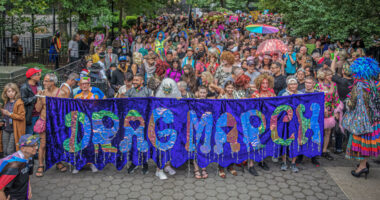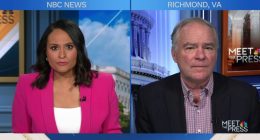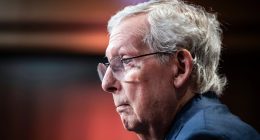
The record-fast creation of Covid-19 vaccines was a triumph. So why is it taking so long to vaccinate Americans?
The answer starts with tens of millions of Covid-19 vaccine doses that sat unused in medical freezers across the U.S. in the early weeks of the rollout.
In the launch, the federal government set aside far more doses for nursing homes than the facilities needed. A fragmented chain of communication between federal authorities dispatching doses and the local sites ultimately injecting them left the vaccinators in the dark about how many patients they could schedule. Worried about limited supplies, some hospitals and health departments held back doses to make sure they had enough to administer second shots for staff or to meet appointments, creating a bottleneck to the outflow.
Vaccinations are now picking up. But early stumbles might extend the pandemic, and leave more people without protection. Health officials say the new coronavirus variants that appear to spread more easily make the distribution of vaccines more urgent.
The Trump administration invested heavily in rapid vaccine development, but it left the last mile of getting shots into arms to states and localities. That approach resulted in multiple, sometimes contradictory systems, and failed to ensure local sites had information about vaccine shipments that they needed to quickly administer shots.








